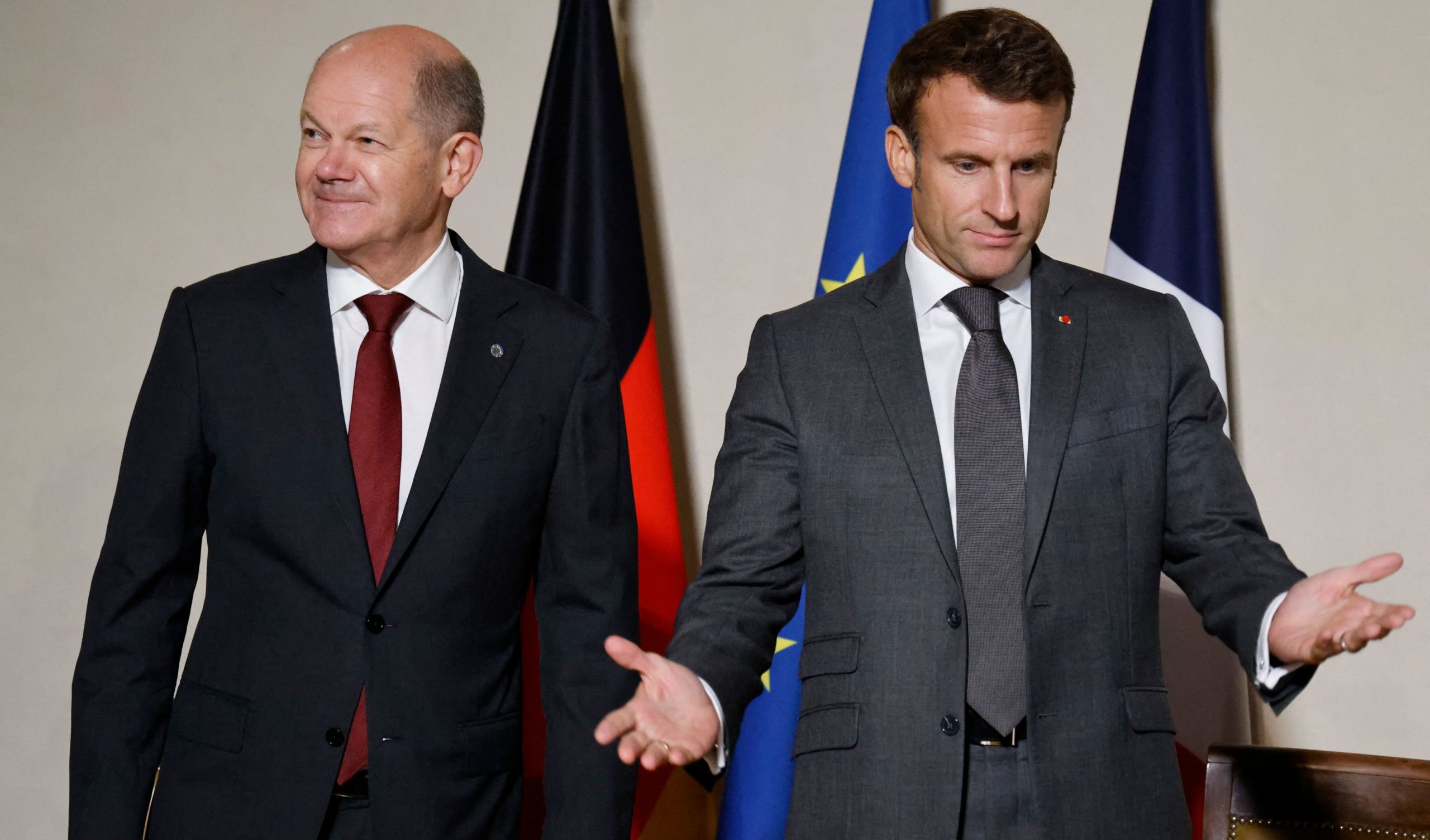Europe increasingly finds itself in a tough spot, one that will make it harder to chart the coming geopolitical turmoil. The pressure on the old continent is building from both outside and within, with global insecurity as well as internal divisions on the rise. Some of these developments are taking place under the radar of public perception, but they will have significant consequences in the years to come.
A lot of it has to do with the misguided policies of the EU leadership, which set priorities according to postmodern sentiments instead of geopolitical realities. The extensively discussed dependency on Russian energy is not the bloc’s only mistake. With rising tensions between the US and China, there is a significant risk that Europe will be caught in between. The key to overcoming reliance on Russian gas has thus far been American-imported liquefied natural gas (LNG), reaching record highs in 2022, a trend that will continue well into 2023.
At the same time, however, EU lawmakers decided to phase out internal combustion engine cars by 2035, switching as much as possible of its transportation infrastructure to electric vehicles. Yet the batteries for these cars will come primarily from China, which controls over a third of the market, with all top ten battery producers located in Asia. Should the conflict between Beijing and Washington intensify, Brussels should not be surprised if both sides will use their leverage in fossil fuels (the US) or the production of renewables (China) to extract concessions from Europe.
It is therefore no coincidence that just a few days ago Emmanuel Macron was calling for “a single global order” without taking the side of either the US or China who, according to the French President, act like “two big elephants, trying to become more and more nervous.”
The global divisions that broke into the open with the war in Ukraine also have repercussions for the internal workings of the EU — a project that is not only supposed to maintain peace but which itself depends on peace beyond the continent. In a recent interview with CNN, former UK prime minister Boris Johnson claimed that Germany encouraged Ukraine to fold to Russia early on, rather than get entangled in a long conflict. Although the German government denies Johnson’s claims, their behaviour in the first months of the war give his statements some credibility, particularly since the former Ukrainian ambassador to Germany, Andriy Melnyk, is backing up this version of the events.
In many ways, Berlin is still playing for time, protracting the stationing of a brigade in Lithuania, and also going back on promises made regarding investments in its armed forces. The world is noticing Germany’s unreliability as a partner, and that there are other options. In security matters, the US openly admits that Poland is seen as more important among European allies, and Warsaw shows no intention of diverting from its aim of becoming Europe’s most formidable military power.
The Polish armed forces are already equipped with more tanks and howitzers than Germany, and its troops are on course to double in number by 2035, from 150,000 to a projected 300,000. Germany’s army is currently 170,000-strong. This expansion of the military also has political ramifications. Frustrated with constant quarrels over EU funding, the Polish government has been primarily signing agreements with South Korean arms manufacturers, and a new deal for the expansion of nuclear power was given to South Korean and American companies.
Having the EU split around an economically strong western part under German leadership and a militarily strong eastern faction, led by an increasingly self-confident Poland, is not a recipe for stability in the coming years. Unless these issues are resolved, the EU might find itself in an existential crisis sooner than we think.











Join the discussion
Join like minded readers that support our journalism by becoming a paid subscriber
To join the discussion in the comments, become a paid subscriber.
Join like minded readers that support our journalism, read unlimited articles and enjoy other subscriber-only benefits.
Subscribe